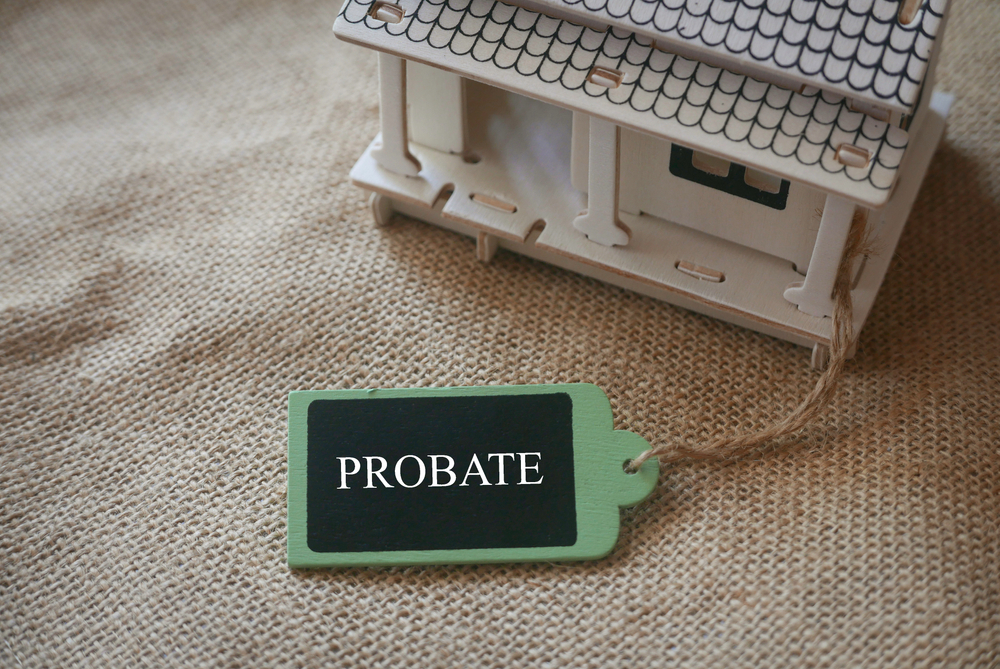
What Are the Most Common Estate Planning Mistakes?

Executing well-prepared estate planning can offer peace of mind. You know your assets are protected, and your loved ones will be financially secure after you pass away.
However, many people make mistakes while drafting estate plans or fail to create one. That can diminish the legacy you leave behind and leave your family with difficult decisions.
Here we explain the most common mistakes made during estate planning and tips for avoiding them.
Failing to Make a Plan
One of the biggest mistakes you can make is never making an estate plan. Whether it’s an oversight or lack of time, not planning for your future can lead to serious consequences. You put your finances at risk and don’t adequately prepare for your loved ones’ financial well-being.
If you haven’t already, hire an estate planning lawyer to create your estate plan. Or, it might be time to modify an existing estate plan to ensure it contains the directives, beneficiaries, and wishes you want.
Not Talking to Family About the Plan
You might think the work is over once you execute an estate plan. However, you should discuss its contents with your family, friends, and anyone else included in the legal documents. Setting expectations decreases the likelihood of disputes over your property and medical decision-making authority.
Set aside time to gather your loved ones and explain why you made specific decisions. By informing them of your reasoning, you can alleviate their confusion or hurt feelings over someone else receiving property they thought they would get.
Only Naming One Beneficiary
You should designate more than one beneficiary for your assets. That way, a layer of protection ensures your property transfers to the appropriate people if your beneficiary dies.
Consider adding a contingent beneficiary to your bank account, trust, and other assets. The person you choose will be next in line to receive your asset if something happens to the primary beneficiary.
Forgetting About Establishing a Power of Attorney
When you give someone power of attorney (POA), they can step in and manage your affairs when you can’t. If you don’t have a power of attorney, no one has the legal right to pay your bills, run your business, or direct your doctors on your preferred medical care if you are incapacitated or unable to speak for yourself.
You should give someone power of attorney if you haven’t yet. Don’t forget there are multiple types of POAs. You can designate one person to manage your financial, medical, and legal affairs or choose more than one person to handle specific issues.
Providing Vague Instructions About Your Children
If you have kids, they may be the most important people in your life. You want to care for them even after you’re gone. However, some people think leaving everything in their estate to their children is enough to protect their futures. It can keep them financially secure, but it also comes with risks.
You must pick a guardian if you have minor children. Setting aside funds the guardian can use to pay for education, medical care, and other expenses is essential. You should also leave instructions regarding how you want your child raised.
For adult children, consider whether you want them to manage a large sum of money or high-value assets. You can indicate how you want assets distributed. If you worry about one of your kids blowing all of their shares on frivolous items, instruct the trustee to transfer smaller amounts weekly or monthly.
Get Help with Your Estate Plan
Creating an estate plan is beneficial for ensuring your family’s future. However, unintentional mistakes can ruin your good intentions. Let Hargrave Law, PC assist you. With over two decades of legal experience, we know how to protect our client’s interests and avoid unnecessary complications. Contact us online or call us today for a confidential consultation with an estate planning lawyer in Bedford, TX.







